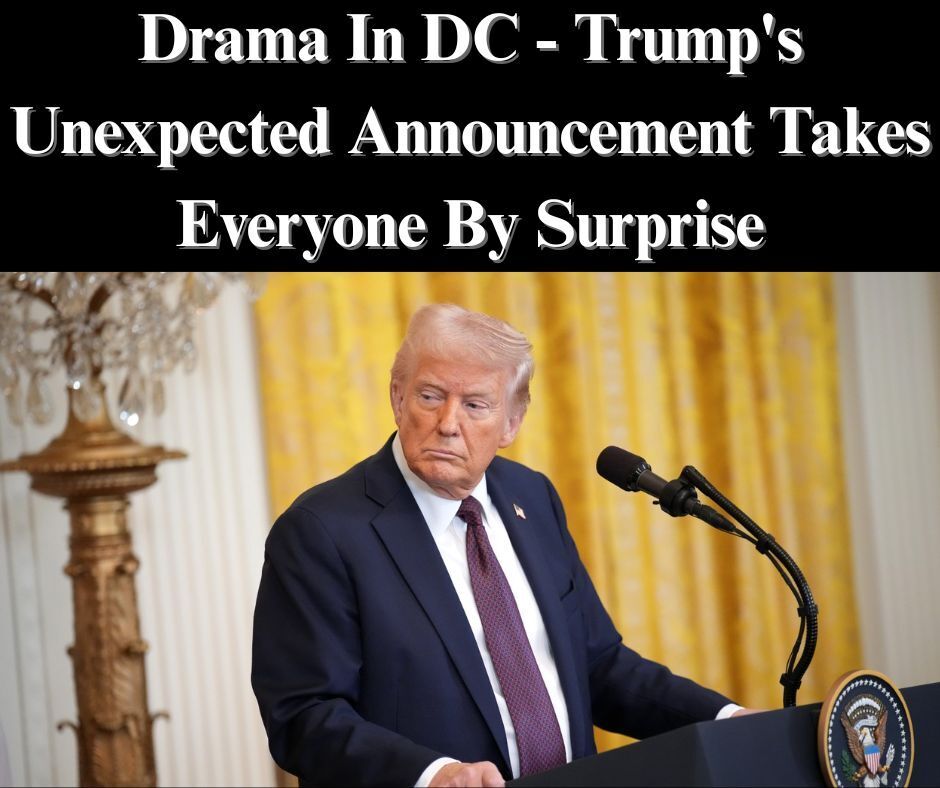President Donald Trump announced on Friday that he will double the tariffs on all steel imports to 50%, escalating the trade battle he initiated in March to protect the U.S. steel industry.
Trump’s announcement comes on the heels of a deal between U.S. Steel and Nippon Steel, a Japanese company, aimed at saving the American steel manufacturer.
“We are going to be imposing a 25% increase. We’re going to bring it up from 25% to 50%, the tariffs on steel in the United States of America, which will even further secure the steel industry in the United States, nobody is going to get around that,” Trump said at a U.S. Steel plant in West Mifflin, Pa.
Trump said he had initially considered a 40% tariff but ultimately opted to raise it to 50%, without explaining what led to that decision, the Washington Times reported.
The announcement was made during a speech celebrating the partnership between Japan’s Nippon and U.S. Steel, under which the Japanese company will acquire nearly all shares of its American counterpart in a deal worth approximately $13 billion, the outlet said.
In March, Trump announced a 25% tariff on all imported steel and aluminum to support domestic producers, expanding on steel tariffs he initially implemented during his first term. Those earlier tariffs remained in place under former President Joe Biden.
Since the tariffs were enacted, employment in the fabricated metals sector has grown by 3,400 jobs, while primary metal manufacturing added 2,600 positions, according to Department of Labor data.
Raw steel production has also seen a 6% increase since Trump took office, and capacity utilization in the steel industry—a key measure of operational efficiency—has risen by 3.7 percentage points, the Times reported.
The increase in employment and steel production pushed American steel executives and union members to implore Trump to increase tariffs.
Protecting the U.S. steel industry has been a central pillar of Trump’s campaign, aimed at preserving blue-collar jobs in key Rust Belt states like Pennsylvania, Michigan, Indiana, and Ohio—all of which he carried in the 2024 election.
However, organizations such as the U.S. Chamber of Commerce have pushed back against the tariffs, warning that higher steel and aluminum costs will hurt American manufacturers. These increased expenses, they argue, will likely be passed on to consumers and could make U.S. industries less competitive globally.
“Price hikes for industrial inputs like steel and aluminum hurt a broad swath of downstream manufacturers across the United States, from the auto and aerospace sectors to food producers and the oil and gas sector,” John G. Murphy, a senior vice president at the chamber, wrote in a recent blog post, per the Times. “For every job in steel production, there are roughly 80 Americans employed by manufacturers that use steel as an input.”
Nippon Steel initially offered to acquire U.S. Steel in 2023 for $14.9 billion, but the deal was paused amid political opposition. In January, just before leaving office, former President Joe Biden blocked the transaction on national security grounds. In response, the two companies filed a lawsuit, arguing that the Committee on Foreign Investment in the U.S. (CFIUS) conducted an unfair review process, Fox Business added.
The Trump administration reopened the review in April, and President Trump recently expressed support for the revised deal. In a May 23 social media post, he noted that the partnership would allow Nippon Steel to invest without assuming full ownership of U.S. Steel. Trump officially approved the agreement, calling it “a blockbuster deal” that ensures the company “remains an American company.”
Speaking Friday at the Mon Valley Works Irvin Plant near Pittsburgh, Trump promised workers that “there will be no layoffs and no outsourcing whatsoever.” He also announced his plan to double tariffs on foreign steel and pledged that “every U.S. steelworker will soon receive a well-deserved $5,000 bonus.”
He also offered praise to the gathered steelworkers, saying, “You’ve gone through a lot.”
